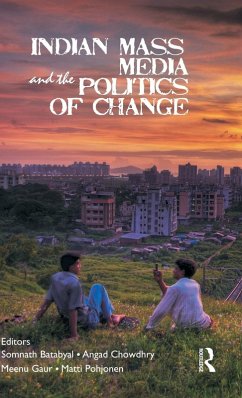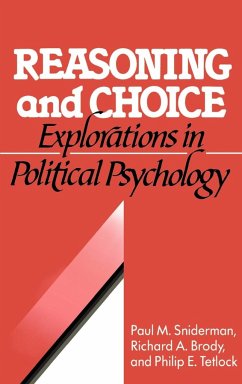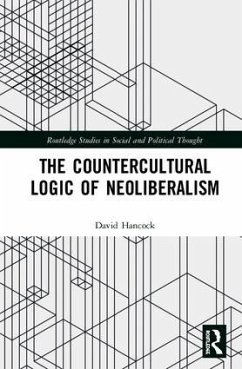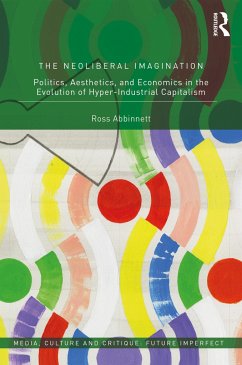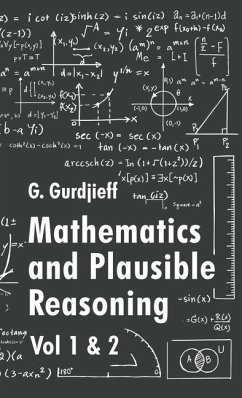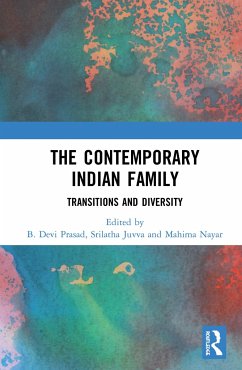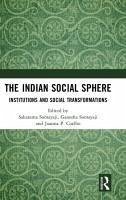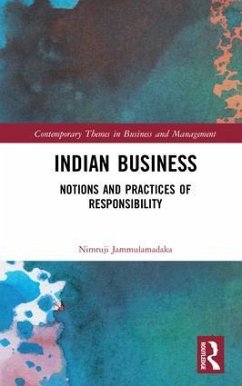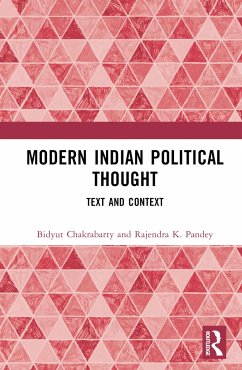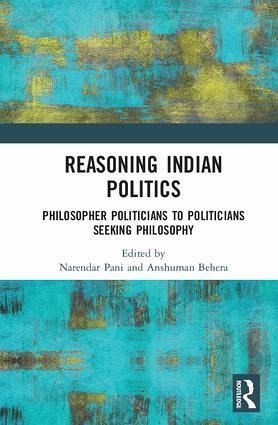
Reasoning Indian Politics
Philosopher Politicians to Politicians Seeking Philosophy
Herausgeber: Pani, Narendar; Behera, Anshuman
Versandkostenfrei!
Versandfertig in 1-2 Wochen
176,99 €
inkl. MwSt.

PAYBACK Punkte
88 °P sammeln!
This volume examines the forms of reasoning in Indian politics, tracing the transition from philosopher-politicians to politicians seeking philosophy in Indian polity during the post-independence era. It then analyses the implications of such reasoning on current practices from the standpoints of political theorists, philosophers and practitioners.



